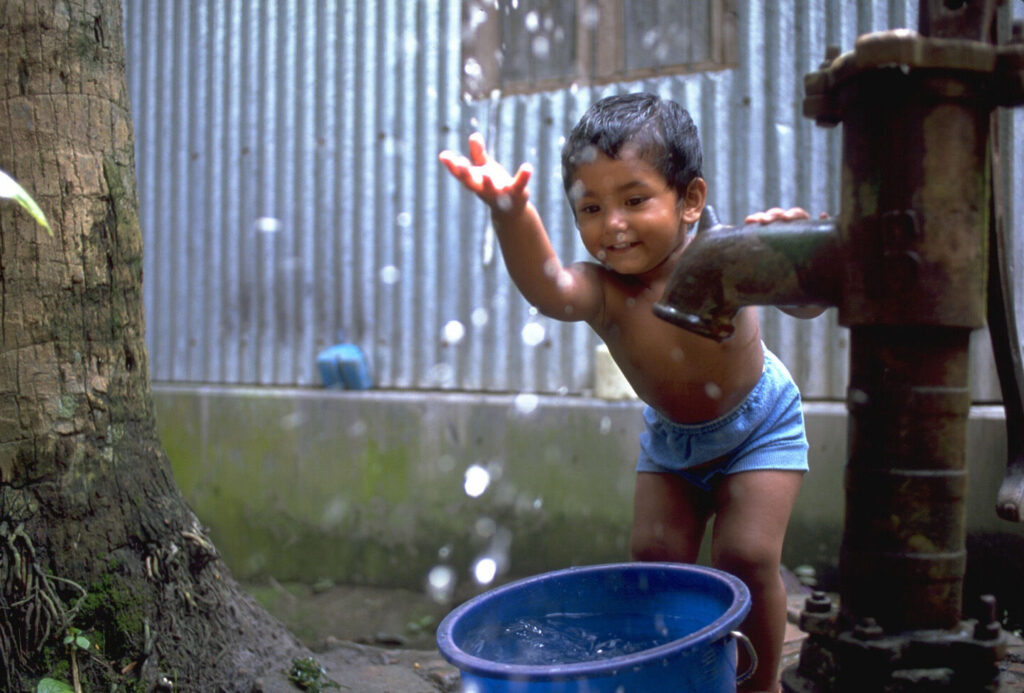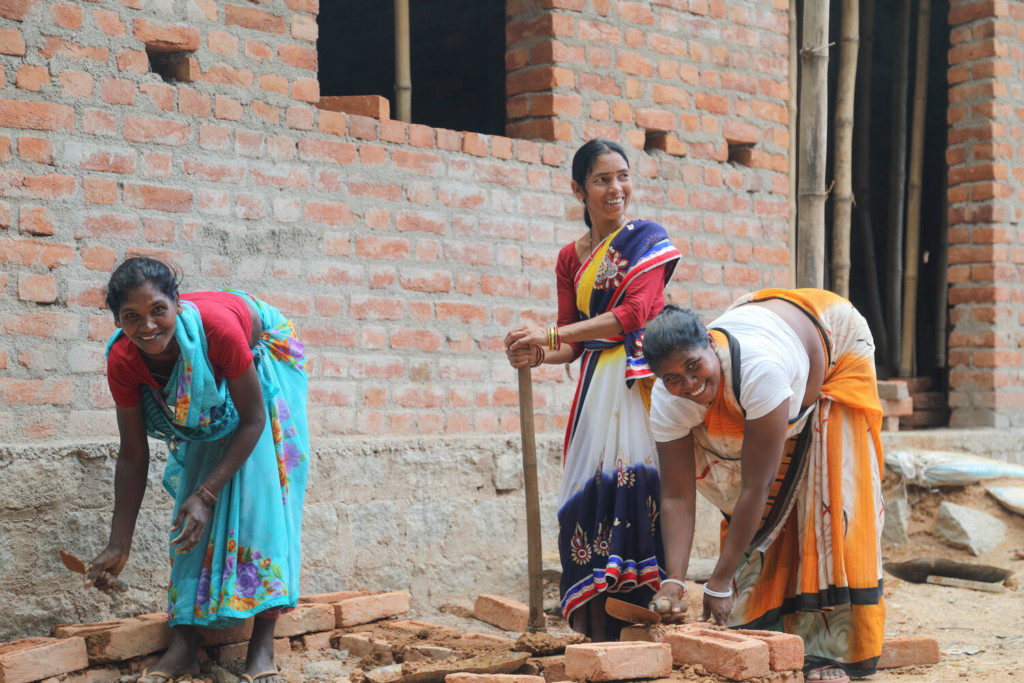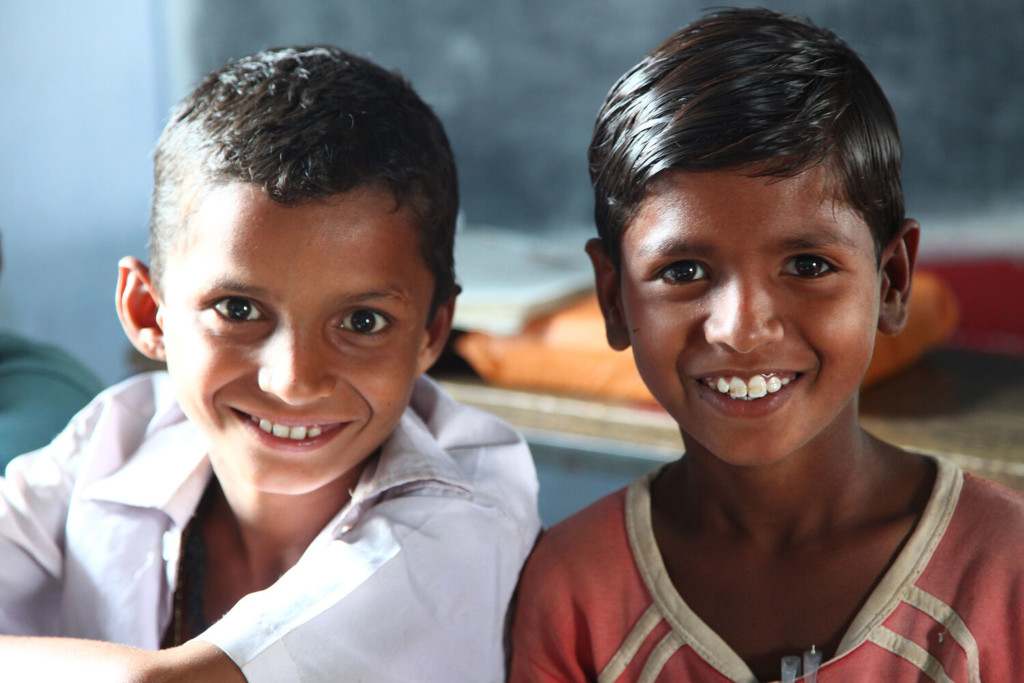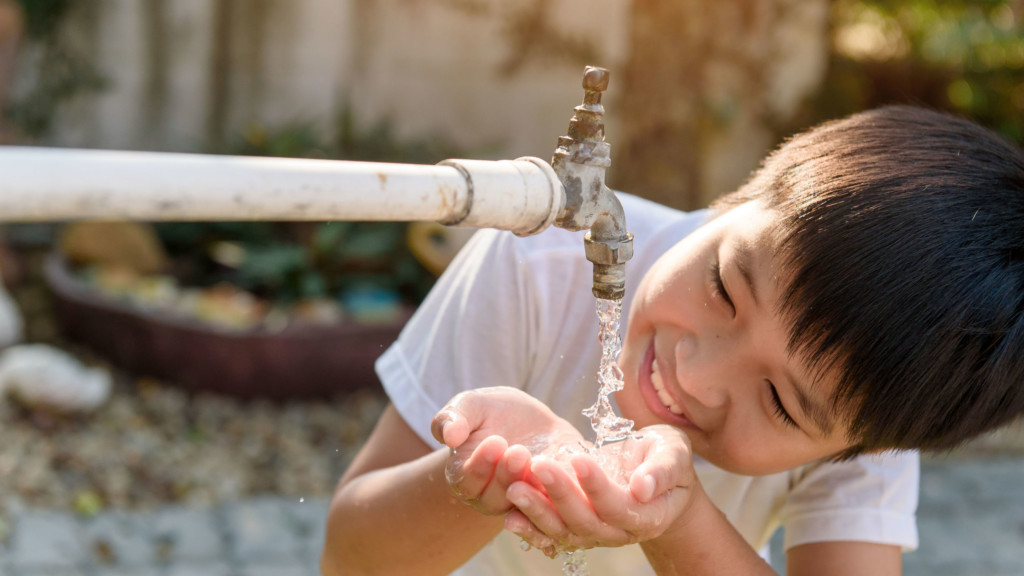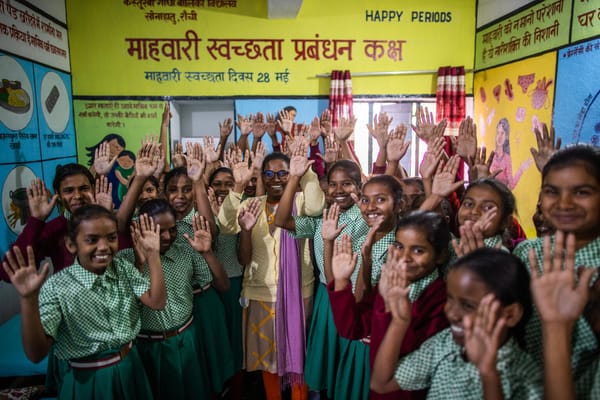
Everyday warriors of the UNICEF WASH programme
Change is led through people – in 2023, we saw how people in the community are making the change and impacting the lives of millions of children and their families, supported by UNICEF WASH programme.
Trailblazers improving the drinking water safety
UNICEF supported the national water supply flagship programme (Jal Jeevan Mission). Together, providing access to safely managed water services to over 10.4 million people in rural households.
Jal Bahini are water warriors who took up a leadership role in governing of drinking water services in villages. 109,000 ‘Jal Bahinis’ across 19,668 villages have shown commendable results through conducting 1,207,973 water quality tests of the drinking water sources and delivery points using field test kits during 2021-22 and 672,000 water quality tests during 2022-23.
“I feel very proud being a Jal Bahini as it gives me recognition and authority to conduct gram sabhas to spread awareness on water quality issues” Munni Baghel, Jal Bahin
Read the whole story on UNICEF website.
Helping girls deal with issues around menstruation
Approximately 3.1 million females were reached through promotional events on Menstrual Hygiene Day in 2023. UNICEF WASH programme helped launch Menstrual Hygiene Management (MHM) road maps. They also supported the efforts to create a menstrual hygiene-friendly environment in schools, to ensure adolescent girls do not miss out on classes during menstruation.
During menstruation, many adolescent girls face stigma, harassment, and social exclusion. Discriminatory social norms, cultural taboos and lack of basic services such as toilets and sanitary products obstruct proper menstrual health and hygiene management.
One of those girls was 14-year-old Namita Kumari, who was able to lead her mother on a new path. “During this time of the month, I was asked to live in secrecy. My mother advised me to be discreet, wash and dry the cloth, or dispose of it in the nearby pond,“ she shares. At school, Namina was advised on proper menstrual hygiene procedures.
Read the whole story on UNICEF website

